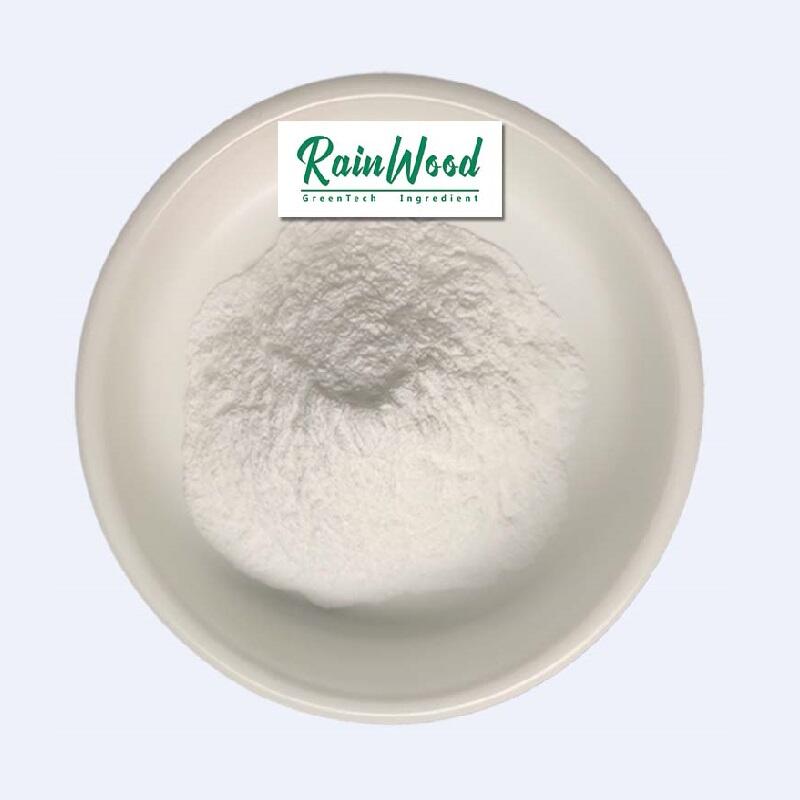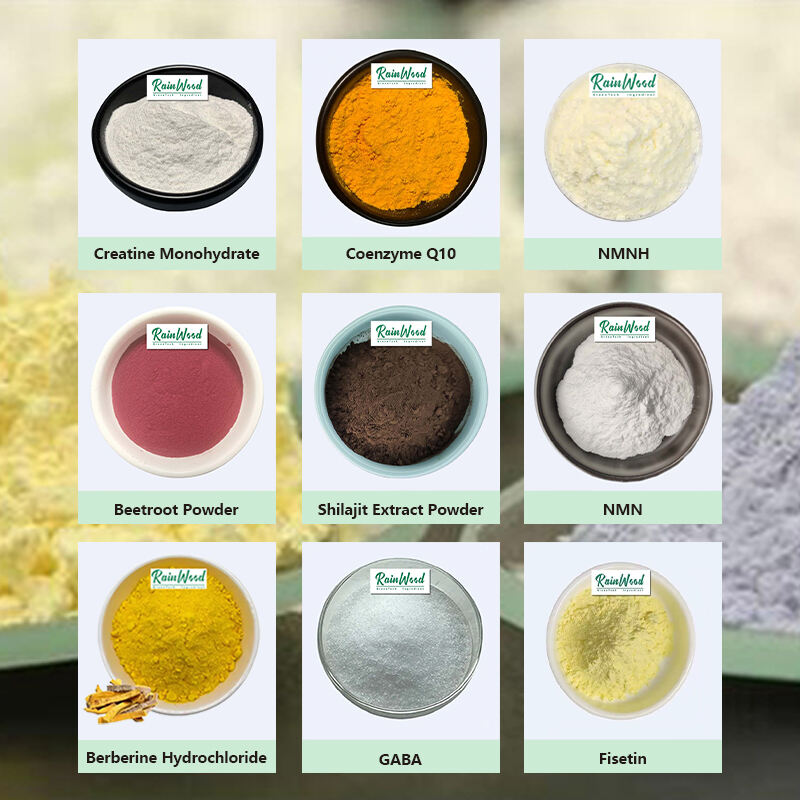Rm 218, Tangxing Digital Bld, #6 Tangxing Rd, Xi’an, Shaanxi, China +86 17791258855 [email protected]
| Product Name | L-Carnitine Tartrate Powder |
| Grade | Food Grade |
| Certification | HACCP/ISO 22000/HALAL/IS0 9001 |
| Specification | 99%Pure |
| Appearance | White powder |
| Delivery Time | 7 days |
| Nutrient Content | Vegan, Gluten-Free, Non-GMO, Natural |
| Shelf Life | 2 Years |
| Storage | Cool Dry Place |
L-Carnitine Tartrate is a high-purity white crystalline powder combining L-Carnitine and tartaric acid in a stable salt form, with molecular formula C₁₁H₂₁NO₇ and molecular weight 279.29 g/mol. This superior form offers enhanced stability and absorption compared to standard L-Carnitine.


|
Nicotinamide Adenine Dinucleotide Powder |
Pyrroloquinoline Quineone Disodium Salt Powder |
|
Glutathione Powder |
NMN Powder |
|
NR Powder |
NMNH Powder |
Enhanced Solubility and Bioavailability
Superior Water Solubility: The tartrate salt form improves solubility compared to free-form L-carnitine, enabling easier formulation in liquids, powders, and ready-to-drink products.
Optimized Absorption: The tartrate complex may enhance intestinal absorption, ensuring more efficient delivery of L-carnitine to cells for energy metabolism.
Buffering Capacity and pH Stability
Natural Acid-Buffering Properties: Tartaric acid acts as a pH buffer, making it suitable for acidic formulations (e.g., sports drinks, effervescent tablets) without compromising stability.
Processing Resistance: Maintains stability under high-temperature manufacturing (e.g., extrusion, baking), expanding application in fortified foods.
Dual Functional Benefits
Combined Nutritional Value: Integrates L-carnitine’s energy-supporting effects (fat oxidation, exercise performance) with tartaric acid’s role in cellular metabolism and taste modulation.
Taste Enhancement: Tartaric acid provides a mild, refreshing sourness, reducing the need for artificial flavorings in supplements and functional beverages.
Targeted Applications in Sports Nutrition
Performance Enhancement: Ideal for pre-workout formulas, as its rapid solubility and absorption may boost energy during high-intensity exercise, reducing fatigue.
Hydration Formulations: Used in electrolyte drinks to improve palatability while supporting muscle recovery through L-carnitine’s role in lactate metabolism.
Regulatory Compliance and Safety
GRAS-Designated Ingredients: Both L-carnitine and tartaric acid are generally recognized as safe, simplifying regulatory approval for global markets.
Low Allergen Profile: Free from common allergens (gluten, dairy, soy), making it suitable for clean-label and allergen-free products.
Market Differentiation and Consumer Appeal
Innovative Ingredient Positioning: Stands out as a technologically advanced form of L-carnitine, appealing to consumers seeking “next-gen” nutritional solutions.
Targeted Marketing Messages: Highlights benefits for athletes, fitness enthusiasts, and individuals prioritizing rapid-acting supplements.
Manufacturing Efficiency and Cost-Effectiveness
Scalable Production: Synthesized via established chemical or enzymatic processes, ensuring consistent quality at large scales.
Stable Supply Chain: Tartaric acid is widely available (derived from grapes or microbial fermentation), reducing raw material volatility.
Scientific Support for Specific Use Cases
Clinical Relevance: Studies suggest tartrate salts may enhance L-carnitine’s efficacy in conditions requiring rapid absorption, such as post-exercise recovery or metabolic support.
Cited in Formulation Research: Validated in peer-reviewed literature for its role in improving product stability and bioactivity.